Spring seems like a long way a way but for those of us who prep student concerts, we know that concert season starts way before that date is a glimmer in families’ calendars. One of the most time intensive parts of teaching students the lyrics to their songs. If you are doing pre-made shows, or lots of songs, this process needs lots of time to help students. Here’s my best tips for teaching lyrics so students.
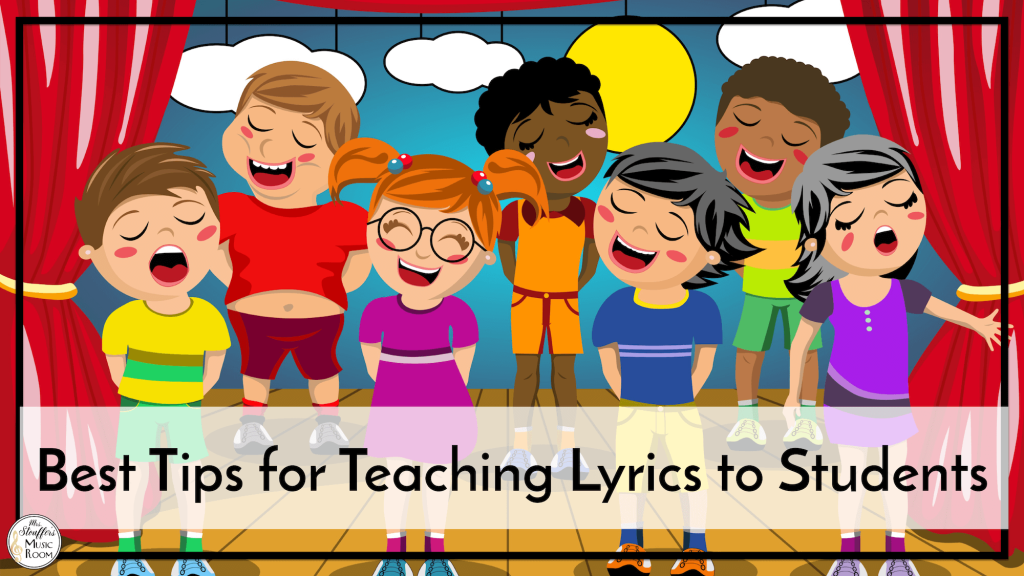
1. Introduce early
Introduce your students to the music before it’s important they start learning words. Hype them up, introduce the show, and spend time listening to it. I always loved doing it as one class on a week that they need that down time. a week back from a break, or depending on when it happens for your school, during testing is a great time because it’s pretty low noise compared to other activities and gives the students a chance to relax and decompress.
2. Start before you NEED to
If you aren’t in panic mode, and students don’t feel the time crunch, life is SO much easier.
3. Change it up!
Don’t drill words. First, it’s not really helpful, and secondly, students will start tuning out if it’s the same activity over and over. Here are some of my favorite ways to learn words:
- I sing, you sing back. Pretty straightforward and great for initial learning, especially refrains.
- “The Ball Game” – Sit in a circle. Say a lyric and bounce a ball to a student. They repeat and bounce it back to you. Move on to the next student and the next lyric. Just go around the circle and work on the words. This game keeps students on track because there is a fun element. I’ve always been surprised how on task it keeps even upper elementary kids. For this game, I usually do this speaking only because I find the kids are more secure speaking it first. Add singing as they get more comfortable, but if they aren’t comfortable with solo singing, I’d rather not push it and turn it into an anxiety moment.
- “The Advanced Ball Game” – Instead of repeating lyrics back to you, students must say the next lyric. The then pass the ball to another student who says the next lyric and so on. You get to sit this one out.
- Fill in the Blanks – Put up the lyrics with key words missing. Let students work together to complete the lyrics.
- Break it down – learn all the refrains then all the verses
- Make sure you show them the road map. Put up the WHOLE thing on the board. Walk them through the verses, the refrains, and melodic interludes.
- Listen a lot – Some of the things that are still stuck in my head are the ones I listened to non stop. I’ll tell you now, I don’t STILL know the words to Bare N*ked Ladies (censored for schools that have a high filter!) One Week because I only listened to it a few times. Make sure you play the songs often, even if it’s when they are coming in. Ask teachers to play the during appropriate times in their classroom.
- Sing a long
- Erase a word – Put all the lyrics up and erase some words at a time. Repeat and see if the students can recall the words.
- Unscramble – Put individual words up, or a couple words together on cards to one verse at a time and let the students unscramble them.
Important Tips
- If you are using recorded backing music, practice OFTEN, and singing along with the actual recording is really important to make sure students can keep in time
- EXPLAIN WORDS! Sometimes there might be words in songs that students don’t know. Don’t gloss over them. It’s important to call those words out, and explain what the song might mean. If they don’t know a certain phrase, or have trouble with context clues, then they’d be singing about something the don’t even know. Understanding is really important. Break it down phrase by phrase to make sure students know what all the words mean and the meaning of the phrases.
- Help students connect with the meaning. Talk about how it makes them feel, what they think of, etc. Go through what you would when you are listening to music and how students can respond to music.
- Again, go through the roadmap. This step is important at the beginning when they are learning words so they know what to expect, but it is important to go back and do it again when they really know the song. Talk about what happens when. The form, what repeats, what is different on repeats (like a 3rd time through the refrain and the last word goes up instead of down…) or what other things need to be pointed out.
More Helpful Ideas
- Cue cards can help tricky spots, or when there is confusion with verses.
- Mouth the words. I know it’s not supposed to be a thing, but I don’t even care. There are so many benefits, especially with elementary students. You can model breathing. If they get lost in the middle, they have a place to look.
Looking for more about planning concerts?
Check out this post for a huge list of things that need to be done for concert prep and more.
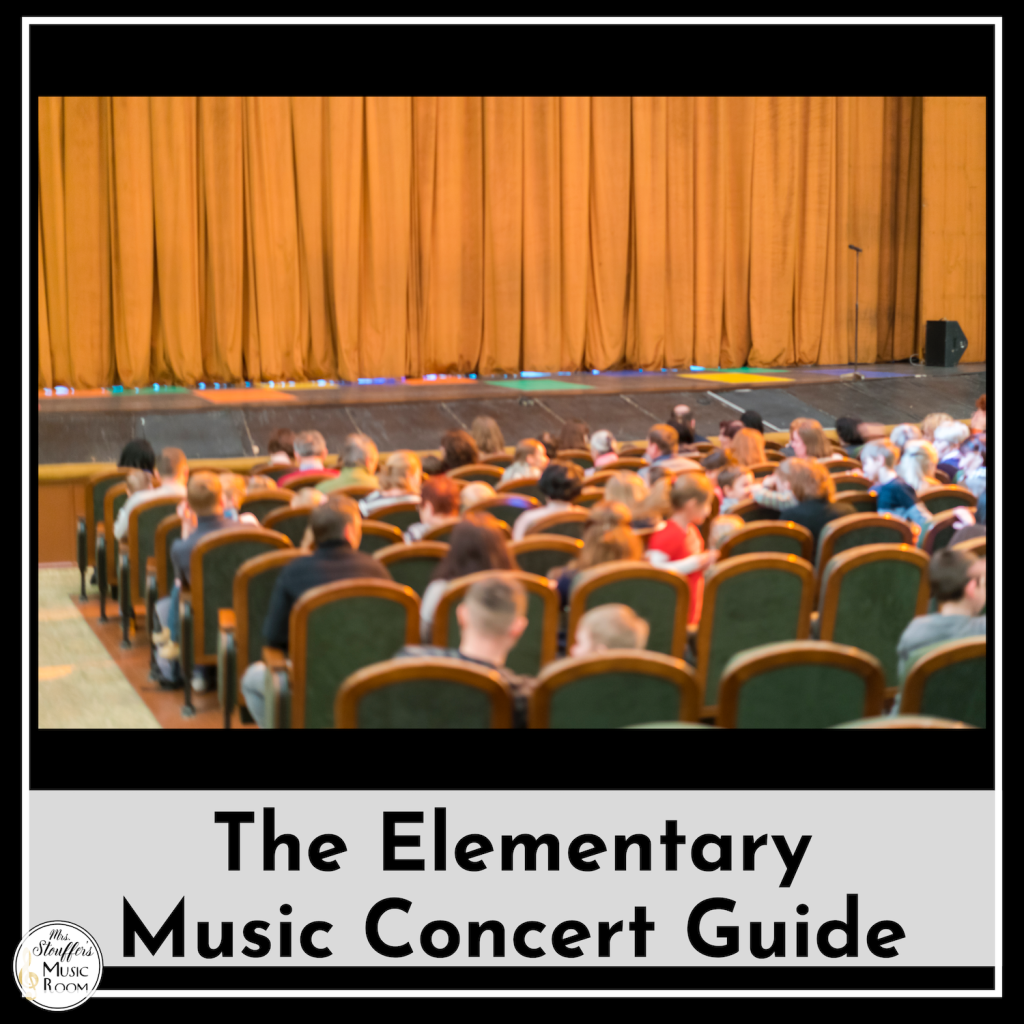
I hope this helps you make memorizing a lot easier!


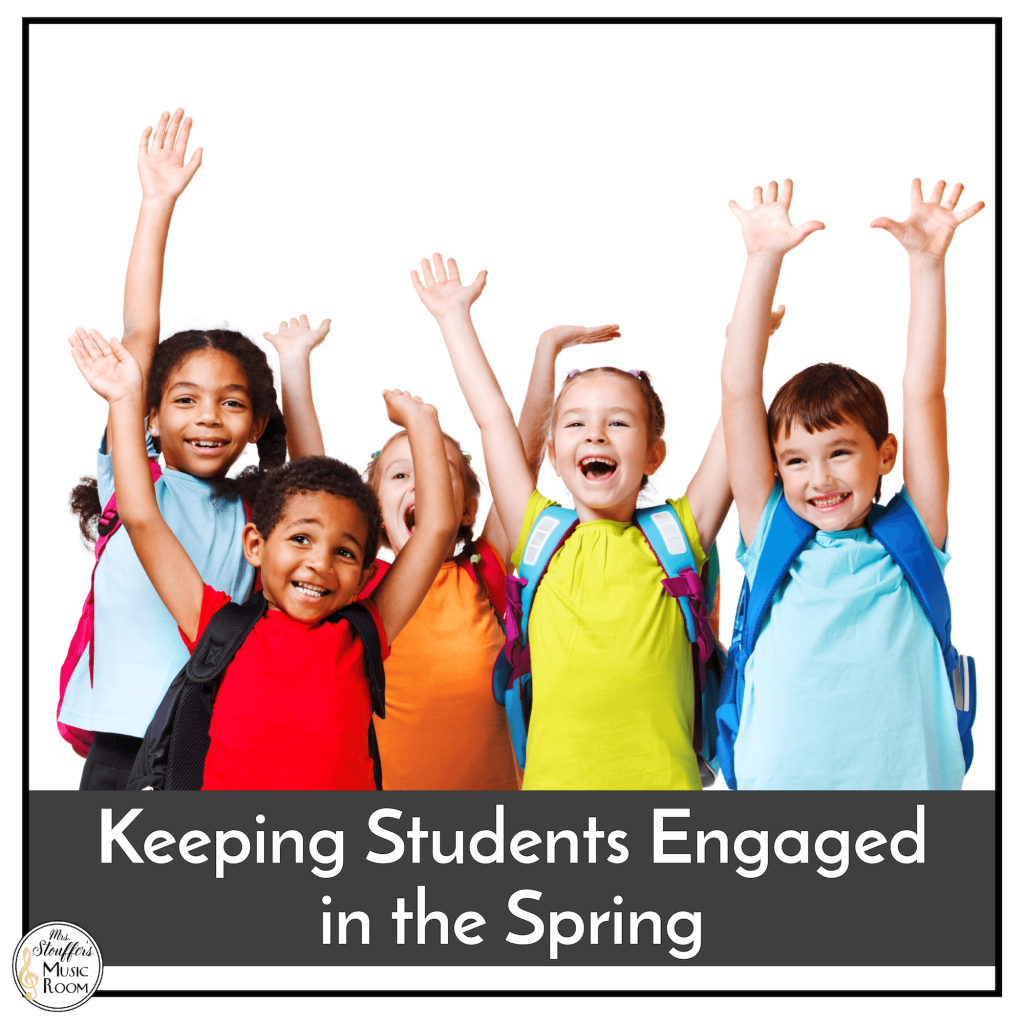
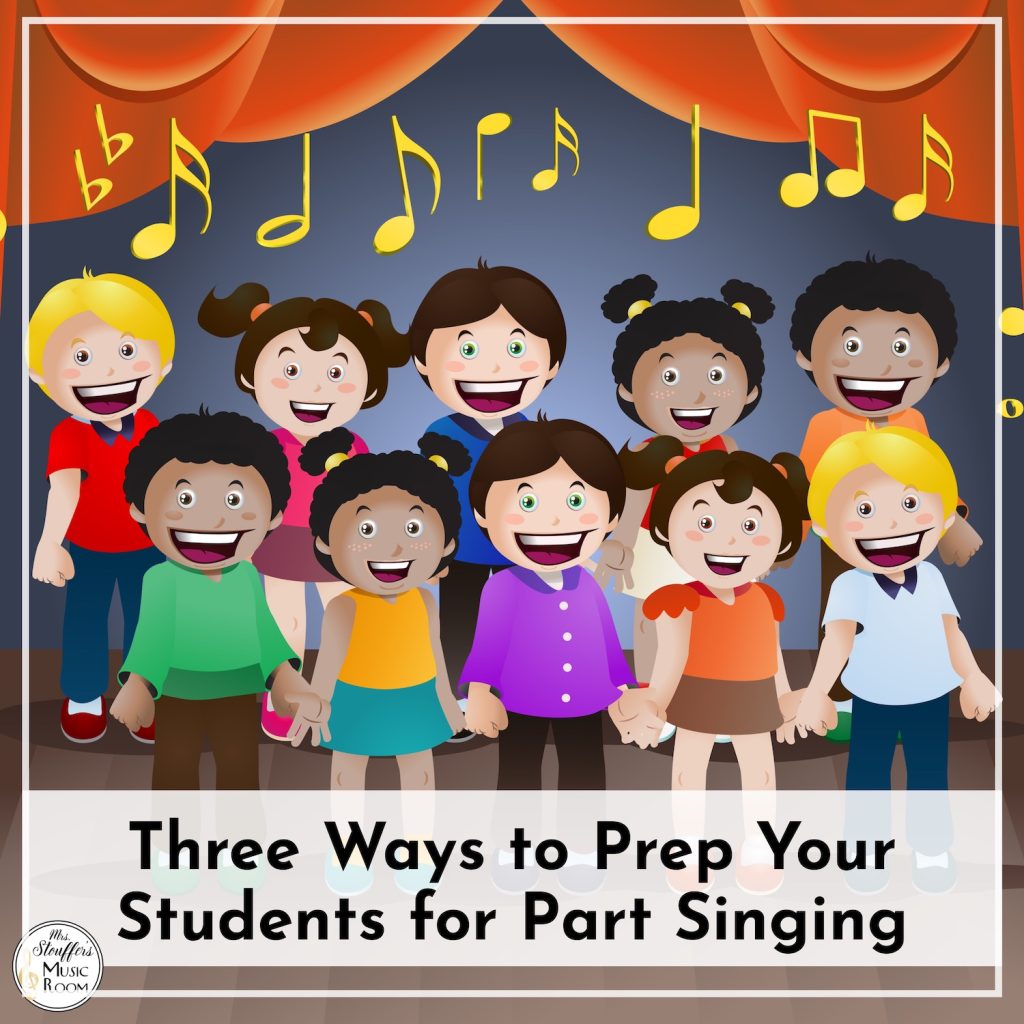

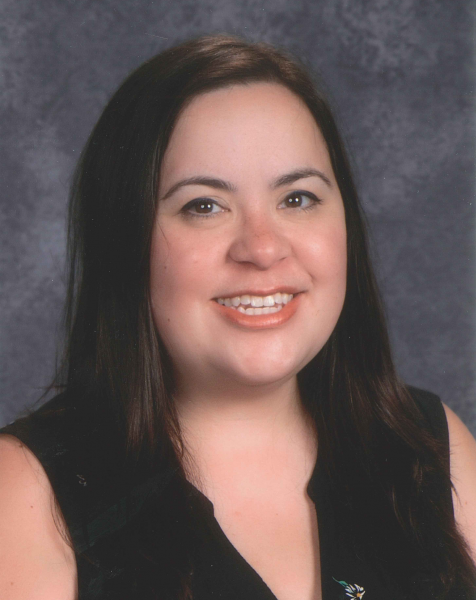
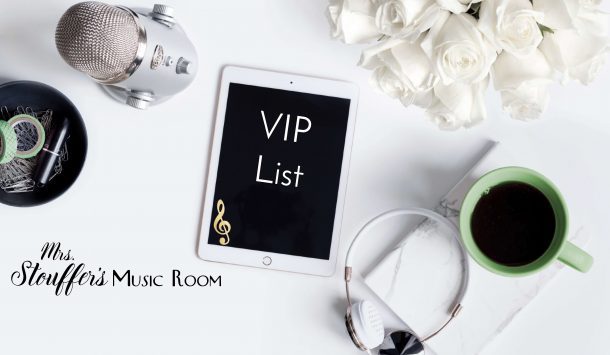
A tip for younger kids . . . it takes lots of prep work, but I create slide shows of picture representations to words since my young ones can’t read or struggle with reading.
yes Beth! I do this too!